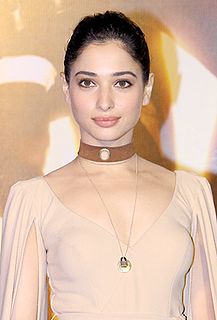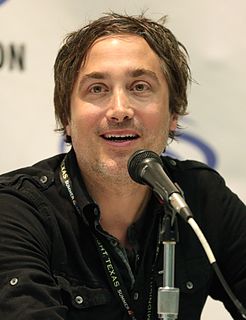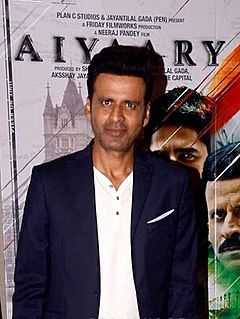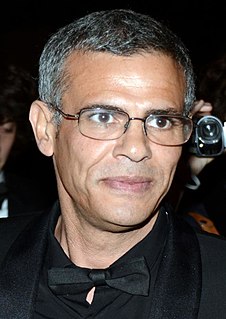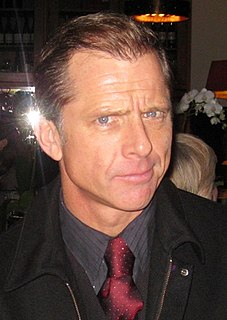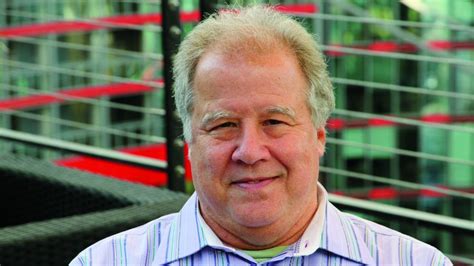A Quote by Tamannaah
'100% Love' is not just a film I did; it actually changed me. The film made me confident.
Related Quotes
I've actually done more [music for] films than television. I love the process of writing for a film. I love that you are creating this suite of music for a film, that's all tied together sonically and thematically and hopefully people associate with the film. They all are meaningful to me in different ways.
I get to work with incredibly talented young filmmakers and students, and their attitudes and relationship with film is still so pure. That re-inspires me and reminds me why I got into it and what I love about film, and allows me a little reprieve from the business side of it. And it rekindles my love of film.
Even if the film doesn't come out quite as you'd hoped, the process can also be very rewarding. I feel that way about a film called 'Lay the Favorite' that I made with Stephen Frears. I did that because the character was a real leap for me. The film doesn't quite all add up internally, but I feel very proud of what I did on it.
In any film business, if you're trying to get your next film made, you would never say, 'Oh, my last film was a cult film.' I'd say, 'Oh, great, well I hope this one isn't!' I always say to Johnny Knoxville, 'How do you do it? You sort of do the same thing we did, except you made millions, and I made hundreds.'
This film [ Blue is the Warmest Color] actually is the result of me talking with my producer Vincent [Maraval]. I gave him a bunch of ideas and then Vincent helped guide me and develop this particular film. I enjoy that rapport to have somebody else help guide me in my choices for the next film. The poetic way of looking at it is which project is going to choose me as a director.
I got into television criticism because I thought it would be easier than film criticism. Film, you had to know 100 years of history, and TV you only had to know 40 when I started. And I thought, "Well, that's going to be so much easier." But film stayed pretty much the same. And television has changed so many times that my head hurts. So I made the wrong call there.
